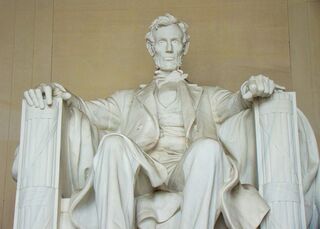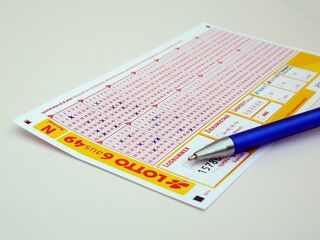
Inspirational stories about persistence are often designed to bolster confidence and encourage us. Abraham Lincoln’s career sometimes features as one of these inspirational stories:
1831: Failed in business.
1832: Ran for state legislature and lost.
1835: Death of fiancée; broken heart.
1843: Ran for Congress and lost.
1854: Ran for the Senate and lost.
1856: Sought the vice-presidential nomination and failed.
1858: Ran for the Senate again and lost.
1860: Elected president of the United States.
Snopes.com, the fact-checking web site, notes that the Lincoln timeline has been repeated as glurge—those corny messages that tell stories of persistence and ultimate success. In the world of glurge, triumph, glory, wealth, and love are never in short supply. The only limiting factor is our own hope in our own ultimate triumph. The implication is that failure is only possible when we give up on success.
It may not surprise you to learn that this timeline of Lincoln’s career misrepresents history. More important, it misrepresents the value of persistence. Lincoln had many successes along the way to winning the presidency, including in business, love, and politics, all of which gave him reasonable hope for a successful future. He was elected to the Illinois state legislature for four terms, starting in 1834 at the tender age of 24. He married Mary Todd in 1842, with whom he would go on to have four sons. He was elected to the U.S. Congress in 1846.

Without such reason for hope, confident persistence is not courageous. It is stupid. Many young people invest untold hours practicing and training for sports careers. Most of them would have been better off studying a little harder in school and increasing their chances of a technical or managerial job. Sure, the money can be great if you play for the New York Yankees, but the chances are so minuscule. Winning millions in the PowerBall lottery is also nice, but the five-million-to-one odds make it a rotten investment strategy.
The challenge is to figure out where your efforts are most likely to be rewarded. This can be especially difficult because so many things in life involve a frustrating initial phase during which you can see little reward for your efforts.
When you begin exercising, it is often painful. You don’t lose weight or gain fitness as fast as you had hoped. It is hard work. It takes time and is inconvenient. You may be tempted to give up, but this is often a mistake. A little more persistence can help regularize the exercise habit and deliver the fitness goals that motivated your effort in the first place.
There is a rational middle way between mindless persistence and premature despair. Wisdom is marked by beliefs that are supported by facts and are consistent with reality.
How can we achieve such wisdom? Part of the answer comes from considering what others like us have been able to achieve under similar circumstances. Most people who adopt a new exercise habit gain fitness and lose weight. On the other hand, only a minuscule percentage of the most talented and hard-working athletes are ever able to earn a living playing professionally. So it is safe to bet that playing basketball will increase your fitness, but it is unlikely to turn into a well-paid career. Well-calibrated confidence is useful for directing your career planning, your athletic ambitions, and your political aspirations.


